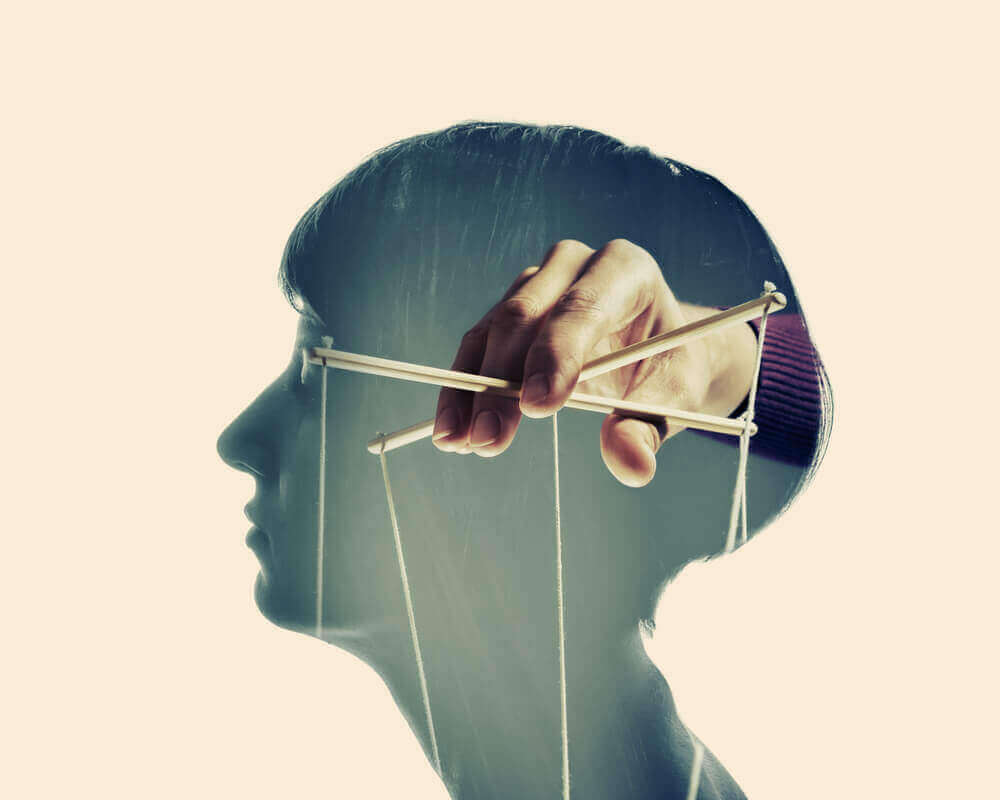The human spirit never ceases to amaze us. Science continues to devote years and years of study to the mind, but we are still far from knowing its deepest secrets. The deeper you go, the more new riddles appear.
We start from the idea that we know reality through our minds. Do we also live by the illusion that more?Rational we are, the closer we are to the truth, however, several experiments show that this may not be the case.
? The senses are our bridge between the incomprehensible and the understandable. ? -August Macke-
There are many ways to deceive our minds, various researches have shown that it is possible to induce our minds to perceive non-existent realities and distort existing ones, so the mind points not only to reason, but also to populate our world with fantasies. Here are five experiments that demonstrate this.
In 2014, a group of neuroscientists from the University of Bielefeld (Germany) conducted a curious experiment on mind perception, gathered several volunteers and asked them to sit with their hands relaxed on a table and then gently applauded. his right hand with a small hammer, while at the same time the sound of a huge hammer hitting a piece of marble sounded in the background.
A few minutes later, all the participants began to feel that their hands were harder, heavier and stiffer as if they were marble, the brain combined tactile and sound perception, and because the latter was stronger, it prevailed and created the illusion of the marble mother. .
The prisoner’s dilemma is a hypothetical situation proposed in game theory that shows that, in order to obtain the best solution for all involved in a competitive problem, the best result is organized cooperation.
In this dilemma, it is assumed that there are two accomplice prisoners, they are separated and invited to denounce, various alternatives are proposed ranging from completely getting rid of the sentence by denouncing the other until neither of them denounces their partner and the two receive only one year of conviction.
This dilemma was reproduced as a real experiment, but in one of the prisoners a hot object was placed in his hands and in the other a piece of ice, the same situation was repeated with several pairs of prisoners, the result was always the same: the prisoner who had the hot object in his hands was less selfish. Apparently, temperature affects the way our minds process information.
Prolonged isolation has been shown to have important effects on the mind. A very striking case is that of Sarah Shourd, who was imprisoned and isolated by the Iranians for 10,000 hours. Sarah began to feel hallucinations all the time and became unable to do so. to find out if it was her or someone else who was screaming.
Prolonged isolation, combined with darkness, has also been observed to cause serious changes in the brain’s perception capacity, the most important being the loss of time sense and body rhythm. The daily cycle can increase by 48 hours: with 36 hours of activity and 12 hours of sleep.
Science has shown that the senses work in combination, it is a kind of mixture. What we hear is not independent of what we see, touch or feel. The spirit unies these perspectives and builds a global meaning. For example, it has been proven that when a person sees the needle of a syringe, they feel more pain during the injection, it is not so illogical to close their eyes when they are going to put a needle in it.
Several experiments have been conducted on this subject, with different meanings. In a study in England, people were offered an appetizing steak in the dark. Everyone thought it was delicious. However, when the lights were on and people saw that the meat was bluish, most felt like they were vomiting.
The human brain confuses reality and fantasy with incredible ease. The test is an experiment conducted at the Karolinska Institute in Sweden a few years ago. A group of 125 volunteers received virtual reality glasses. When placed, participants saw each other. Next to them, there was a person who brushed them and, with each brushstroke, disappeared.
At the same time, a person was physically brushing the body, the result was that all participants felt that they were becoming invisible, then exposed themselves to a demanding audience and their reactions were followed, all had low levels of stress in the face of this. auditorium they felt more relaxed because they looked invisible.
As we can see, it is not so difficult to deceive our minds, all these experiments show that perceptions of the brain can follow one path and reality another, in this case they are physical experiences, but this is true for abstract experiences. although we believe that this is not the case, the truth is that we are not as close to reality as we think.

